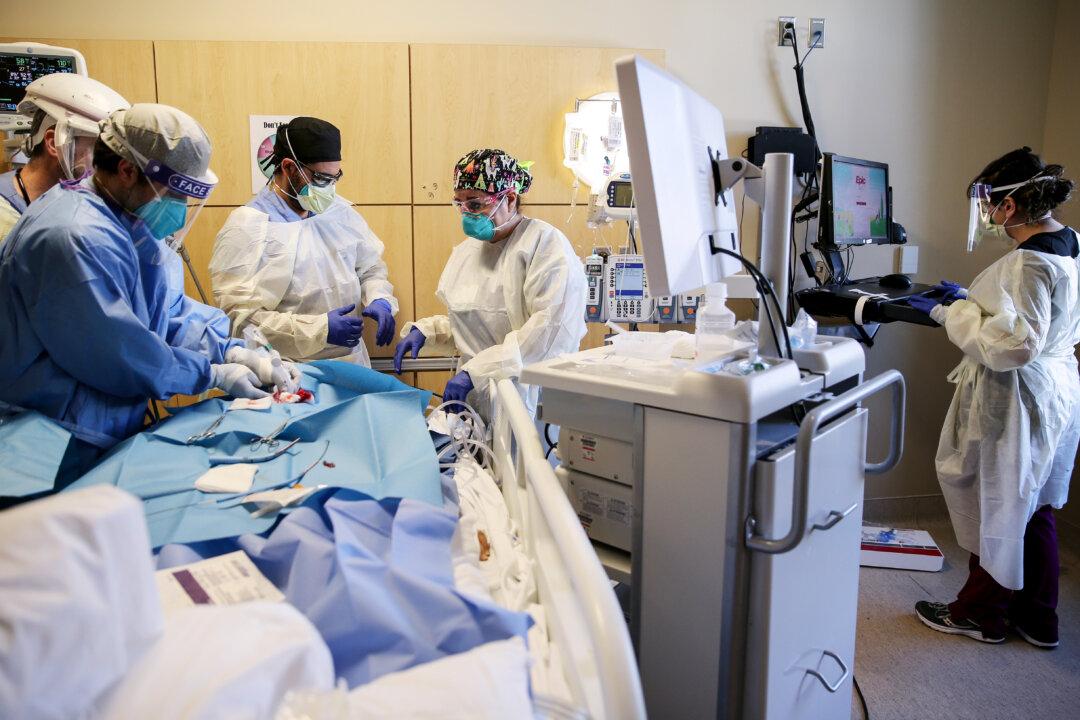LOS ANGELES—Los Angeles County will add about 200 registered nurses (RN) to the Department of Health Services to achieve staffing standards as California struggles with a nursing shortage.
The Los Angeles Board of Supervisors voted on Dec. 21 to approve a motion to help hospitals within the county reach the state’s “nurse-to-patient ratio”—at least one nurse for every two patients—for adult critical care units, according to the department’s Dec. 21 letter to the board.





